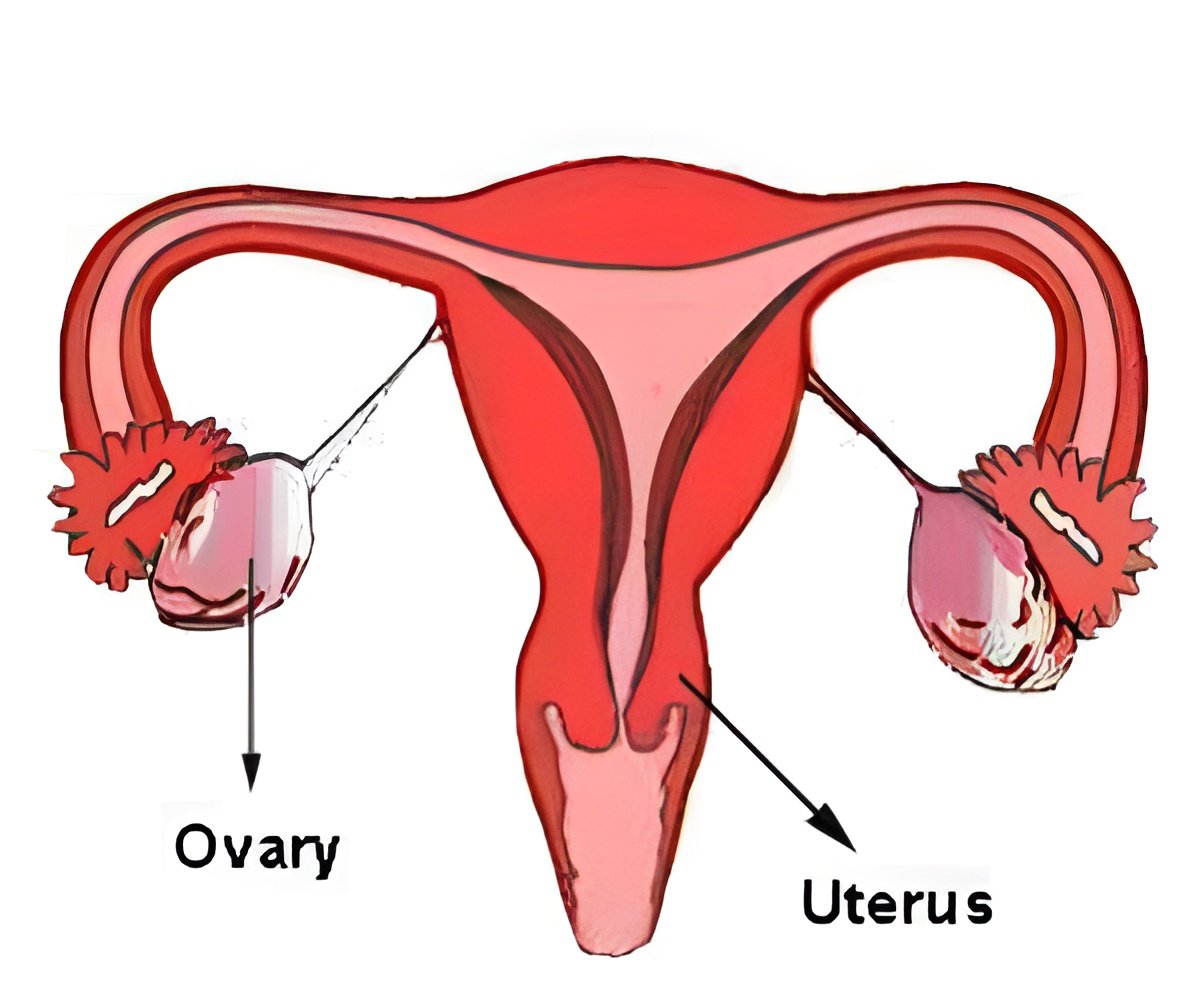
Uterine transplants (1✔ ✔Trusted Source
Uterus Transplant in Women With Absolute Uterine-Factor Infertility
), though relatively new, have shown promising results. Since the first procedure in 2011, over 100 transplants have been performed globally. A new study reveals that these procedures have led to successful pregnancies and live births in 14 out of 20 patients.
Dr. Liza Johannesson, from Baylor University Medical Center in Dallas, led the research, which was published in the Journal of the American Medical Association. The study concludes that a transplanted uterus can function just as effectively as a natural one.
What are Uterine Transplants
Uterine transplants are primarily used to treat women with “absolute uterine infertility,” a condition affecting about 1 in 500 women, where the uterus is absent or non-functional. Previously, these women had limited options, relying on adoption or surrogacy. But in 2011, the first successful uterine transplant provided a new solution, and the procedure has steadily gained acceptance. By May 2024, 43 transplants in the U.S. had resulted in 33 live births, according to Johannesson’s team.
The study focused on 20 women, averaging 30 years old, who underwent transplants between 2016 and 2019. Organs were donated by 18 living and 2 deceased donors. Of these, 14 transplants were successful, with all recipients giving birth to at least one healthy baby.
While complications such as gestational high blood pressure and preterm labor occurred in half of the pregnancies, no congenital abnormalities or developmental delays were found in any of the children. The team concluded that uterine transplants are technically feasible and linked to a high rate of live births.
Reference:
- Uterus Transplant in Women With Absolute Uterine-Factor Infertility – (https://jamanetwork.com/journals/jama/article-abstract/2822479)
Source-Medindia


